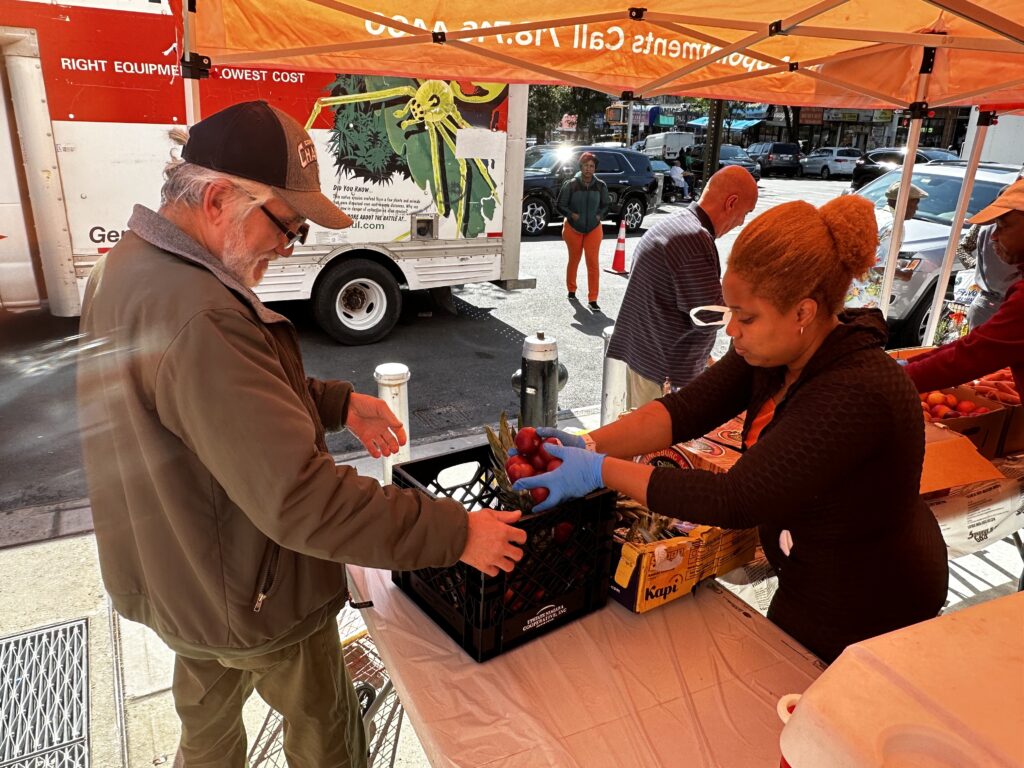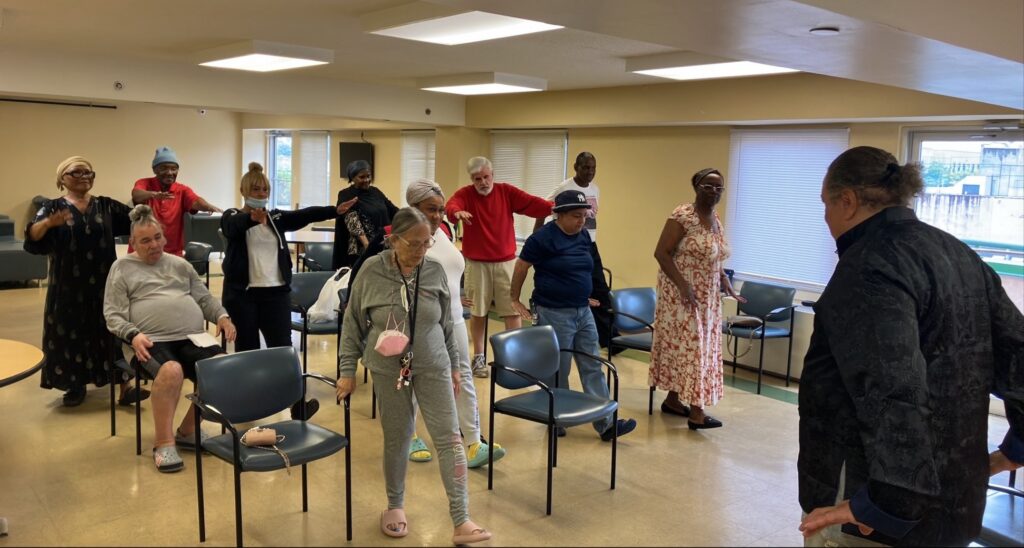As part of a multi-year collaboration between Advocates for Community Health (ACH) and UnitedHealthcare, Morris Heights Health Center (MHHC) is one of five community health centers receiving $500,000 each to address complex problems affecting the overall wellness of the underserved communities where they provide care. We recently had a chance to talk to MHHC CEO and ACH Board Member Mari G. Millet to learn more about her health center and winning proposal.
Why is MHHC’s work in the community you serve so important?
As President & CEO of Morris Heights Health Center, I believe that healthcare is a fundamental human right and I am committed to the mission of improving the lives of people in our community through a focused lens of health, well-being, and education. MHHC serves the highest-need communities in the highest-need county in the state. 33% of individuals in our primary service area live at 100% or below the federal poverty line (FPL) and 57% live at 200% or below the FPL. Most are uninsured or on public assistance. To ensure that everyone has access to care, no one is denied service at MHHC based on an inability to pay.Serving a patient population almost entirely people of color – nearly two-thirds are Hispanic/Latino and over a quarter are non-Hispanic Black/African American –fighting inequities is a constant battle. While 30% of residents in our primary service area have less than a high school degree, 24% have limited English proficiency. Many struggle with cultural and health literacy barriers. These challenges are often most acute among the 38% of residents in our primary service area who are born outside of the United States.
As part of our commitment to providing comprehensive care, we specialize in health issues that disproportionately affect residents in the communities we serve including diabetes, hypertension, HIV, heart disease, trauma, pre-term births, food insecurity, reproductive health/family planning, and obesity.
Increasing capacity and access to care for older adults is more important than ever because the older adult population in our community is growing, and only outpaced by the number of older adults in poverty. The older adult population in the Bronx has risen 26% from 10 years ago, including a 28% increase in the 85+ population. During this time, the number of older adults in poverty rose 36%. Through advancing health equity and inclusion, our health center makes a positive impact on the quality of life and health outcomes for everyone we serve.

Please briefly describe your winning proposal. What are some of the immediate ways the Age Well pilot program will help bridge the health care gap in your community?
Most people who are in our service area have had to contend with racial/ethnic disparities and socioeconomic disadvantages throughout their lives. For many, as they age their needs increase and are unable to manage. Along with multiple chronic health issues, most also face challenges related to basic needs. MHHC is piloting our Age Well initiative to ensure that older adults have a wellness home, integrating the healthcare and socioeconomic services necessary to age with dignity.
Age Well will improve the quality of life and health outcomes of older adults by increasing their access and connection to clinical and non-clinical services through patient-centric and comprehensive engagement and outreach strategies. It will help our 65+ patients lead healthy and fulfilling lives by addressing their physical wellbeing, mental health, social issues, and economic security challenges simultaneously via age-appropriate care and unique services, one-on-one wellness coaching, group education, direct outreach, and coordination with agencies that provide complementary services.
There will be program dedicated staff, including a Director, Manager/Social Worker, Care Manager/Coordinator, and Peer Support Specialist. They will ensure effective day-to-day leadership consisting of network development, provider and staff education, coordination and tracking of clinical and non-clinical services, marketing and communications, quality management, patient support, and care coordination.

How many people do you expect to impact during the first year of the pilot program and what would a successful first year look like?
In the first year of the pilot, we project to serve 3,600 older adults, including:
- Free dentures to 100 older adults who would not otherwise be able to afford it. This service is life-changing, reversing malnutrition, depression, and social isolation for older adults.
- Primary care to 3,300 older adults
- Vision services to 850 older adults
- Mental health care to 150 older adults
- Social services to 1,000 older adults
- Remote patient monitoring devices provided to 75 older adults
- 30 exercise classes
- 900 meal kits
Year-one first quarter accomplishments will include recruiting and onboarding all Age Well positions created (Program Director, Program Manager/Social Worker, Care Manager/Coordinator, and Peer Support Specialist). By the end of the fourth quarter, we expect to be a participating Age-Friendly Health Systems cohort.
You can learn more about Morris Heights Health Center and its impactful work at https://www.mhhc.org/.